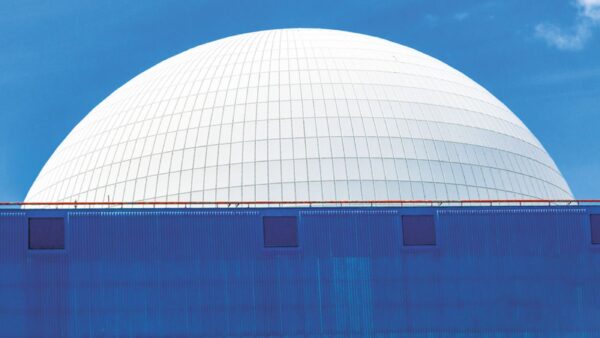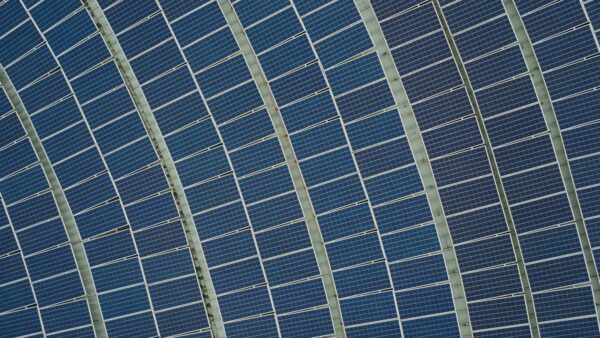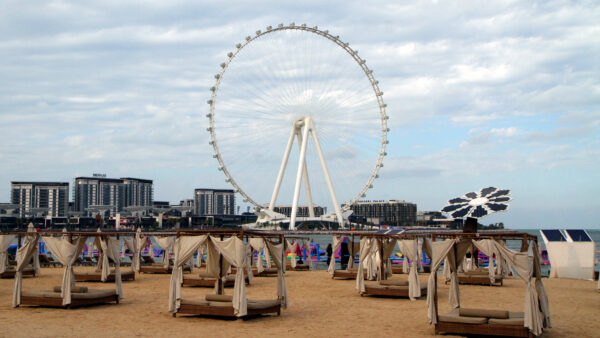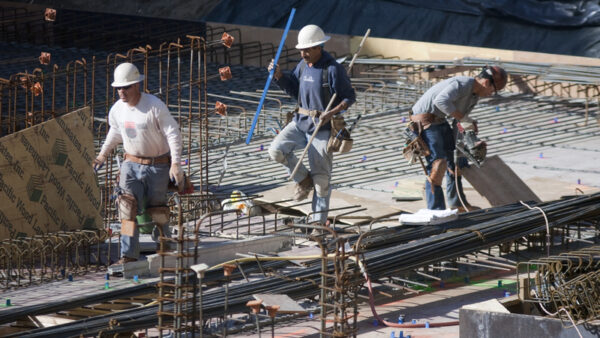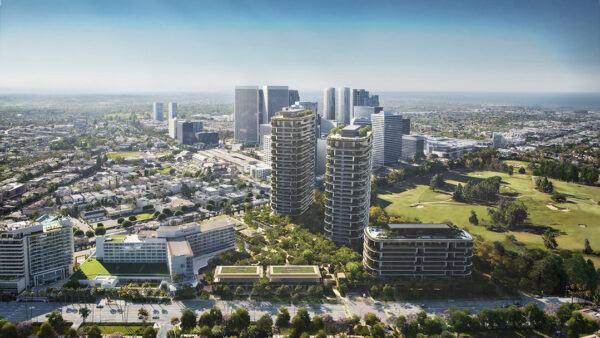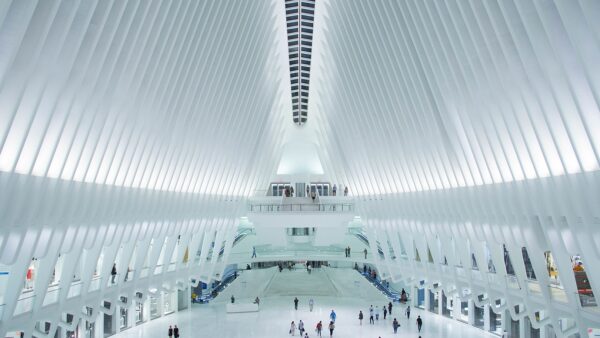Construction of a canal in Nicaragua linking the Atlantic and the Pacific oceans will start on 22 December, officials close to the project have said.
“We are ready to begin,” said Zhu Xiaoya, assistant to Wang Jing, CEO of the Hong Kong-based company HKND which is to build it, the BBC reported.
Last week, on 20 November, HKND Group, together with the Nicaraguan Canal and Development Project Commission, presented the technical engineering and environmental and social impact studies of the project to what HKND called an “enthusiastic audience” of 300 in a government auditorium.
The 278km waterway, whose cost has been estimated variously at $40bn and $50bn, will be longer, deeper and wider than the Panama Canal.
Promoters say revenues from the canal will eventually double impoverished Nicaragua’s GDP after it opens for traffic in 2020.
But opponents are concerned about the impact it may have on Lake Nicaragua, which ships will cross on the route, and on poor communities in the area.
Addressing the audience, Mr Zhu (pictured) said that HKND “is committed to developing the Canal Project following the principles of legality, transparency and fairness”, a company statement said.Â
“Based on the professional results from leading companies in the world, HKND Group will continue to comply with international standards in the construction and operation of the Project,” said the statement.
It continued: “Recently, there were some voices that raised doubts and even showed their opposition to the Project. For that, we express our understanding and respect. But we believe that the disclosure of more information related to the Project will allow people to feel more confident.”
Paul Oquist, a close adviser to Nicaragua’s president Daniel Ortega, said construction of roads and a wharf for the project would soon get under way.
“The Nicaraguan people will get a big Christmas present,” he said in an interview with the Guardian. “It has always been pending and now it can happen.”
Environmentalists have warned of the risks of damming rivers and moving massive amounts of soil. Communities along the route have staged protest marches.
The plan is to build the canal within five years and have it operational by 2020.
The project is expected to include two ports, an airport, a resort and an economic zone for electricity and other companies.
“We are sure that the rumours about the project will end as it advances and this century-old dream of Nicaraguans is realised,” said Mr Zhu, according to the BBC.

